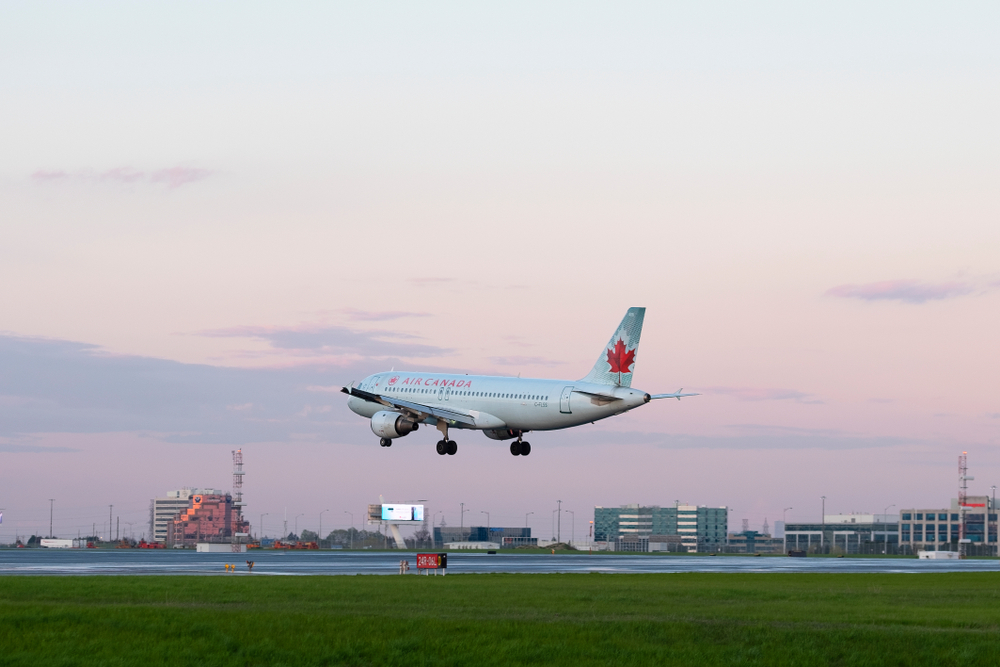“Home is the place where, when you have to go there, they have to take you in” — Robert Frost, The Death of the Hired Man
The media have been running a grim photo of a young father and his daughter who drowned in the Rio Grande while trying to reach the United States. Like the death of Alan Kurdi, these deaths have personalized the great migration of Central Americans and others toward the U.S. and Canada, and perhaps inspired some transient guilt about our hard-hearted response to their plight.
Whether we know it or not, the great migrations of the 21st century are already under way, driven by drought, economic and political collapse and consequent violence. Millions of Canadians may soon join those migrants.
According to the UN High Commissioner for Refugees, at the end of 2018 70.8 million people were forcibly displaced from their homes by persecution, conflict, violence or human rights violations. That may seem like a lot — almost two Canadas — but they’re just one in a thousand of the planet’s seven billion people. Most of them are internally displaced, with neither the hope nor ability to leave their homelands. Only a tiny fraction of them have the money or luck to seek asylum as far from home as North America or Europe.
You can go home again
But one group of potential refugees could march right into Canada without so much as a by-your-leave: the 2.8 million citizens in the Canadian diaspora.
These are our fellow citizens who’ve chosen to live and work or retire in countries around the world, from the Persian Gulf oilfields to Florida to Hong Kong. Over a million live in the U.S., 300,000 in Hong Kong and another 20,000 in mainland China. Just as Salvadorans and Hondurans have left impossible conditions, so might our expats.
Hong Kong, for example, is going through nervous times as China attempts to exert new influence over the “special administrative region,” well in advance of the complete takeover scheduled for 2047. Some of Hong Kong’s 300,000 Canadians are already beginning to return here — at least 8,000 between 2011 and 2016.
Many had first migrated to Canada (and especially to B.C.) in the 1980s, finding it a safe place to park the kids and mum while “astronaut” dad commuted to Hong Kong, where he could make more money. Thousands then returned to Hong Kong when China guaranteed that capitalism and democratic institutions could continue. Now, with Xi Jinping tightening his grip on China and leaning on Hong Kong, B.C. and the rest of Canada begin to look attractive again.
They’re not the only ones. Hurricanes, floods and other climate disasters could send a lot of snowbirds fluttering home, and a worsening political climate in the U.S. could encourage many more. If Brexit actually happens, the 87,000 Canadian residents in Britain may decide to head for home as well. A war between the Saudis and Iran would empty the expat communities of Saudi Arabia and the Gulf states.
Inconvenient Canadians
Our chickens come home to roost might get a mixed reception. In summer 2006, 15,000 Canadians living in Lebanon were evacuated by the Harper government when Israel went briefly to war with Hezbollah. When the war ended, half of them went back to Lebanon, earning them the title “Canadians of convenience.” A major return of the diaspora would inspire instant anxiety about their demands on housing, jobs, schools and other services. And their commitment to permanent residency here would also be open to question.
Some questioners would be stay-at-home Canadians already rattled by “irregular” migration, political tubthumping and American paranoia about asylum seekers (some Trumpists are already convinced Congolese migrants have brought Ebola into Texas via Mexico). Others would be parents worried about sudden overcrowding in their kids’ schools, or young families priced out of a resurgent housing market by affluent returnees.
Hopefully, most Canadians would welcome the returnees as smart, enterprising people, many bringing investment capital with them, with firsthand experience of what’s going on in the rest of the world. They would be well worth the cost of their resettlement.
Thirsty nuclear powers
Meanwhile, non-Canadians around the world will be literally feeling the heat. Recent studies project that vast regions of South and East Asia will become uninhabitable as summer temperatures soar to fatal levels, sea levels rise by 10 to 60 metres and the Himalayan glaciers that feed India’s great rivers vanish. Chennai, an Indian city of 4.6 million, has recently run out of water.
Where does a thirsty power like China, India or Afghanistan go in such a crisis? Almost anywhere it wants to — if there’s anywhere to go. Canada by then is likely to be as unattractive as Siberia, with wildfires and floods in the south and a vast, methane-belching swamp in the north.
But with enough smart, focused people, we could develop technologies to help ourselves and other countries to shelter in place, underground if need be, and drawing water from deep in the earth or out of the atmosphere. Life would not be as agreeable as it was in, say, B.C. in 1980. But it would be far better than dying in a hurricane or wildfire or futile war over vanishing resources.
By then no one will remember “job-killing” carbon taxes, because most jobs will involve doing without carbon emissions of any kind. Stay-at-home Canadians and returnees alike might miss the old days. But they will be working too hard just to stay alive to waste much time on nostalgia. ![]()
Read more: Media, Environment
















Tyee Commenting Guidelines
Comments that violate guidelines risk being deleted, and violations may result in a temporary or permanent user ban. Maintain the spirit of good conversation to stay in the discussion.
*Please note The Tyee is not a forum for spreading misinformation about COVID-19, denying its existence or minimizing its risk to public health.
Do:
Do not: